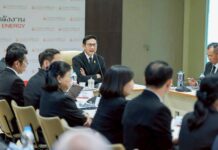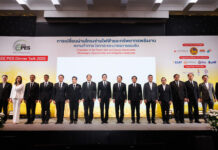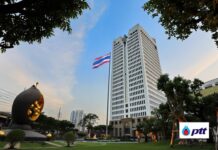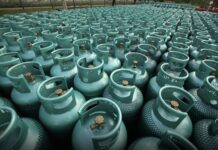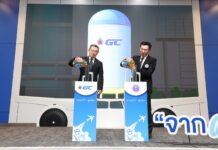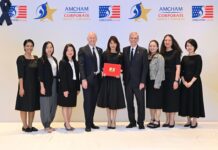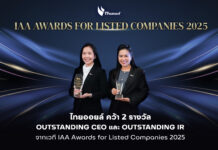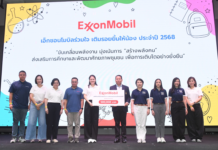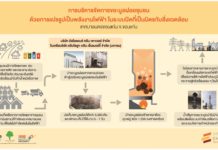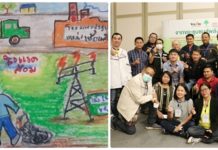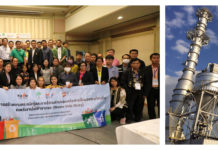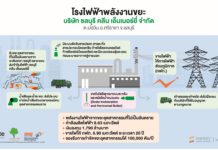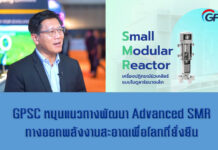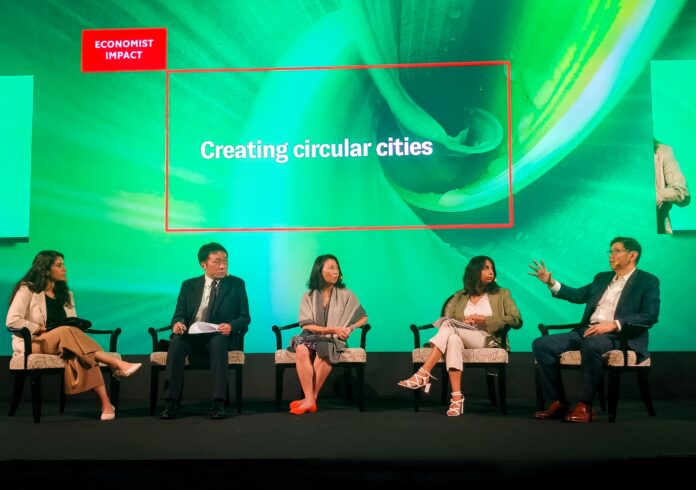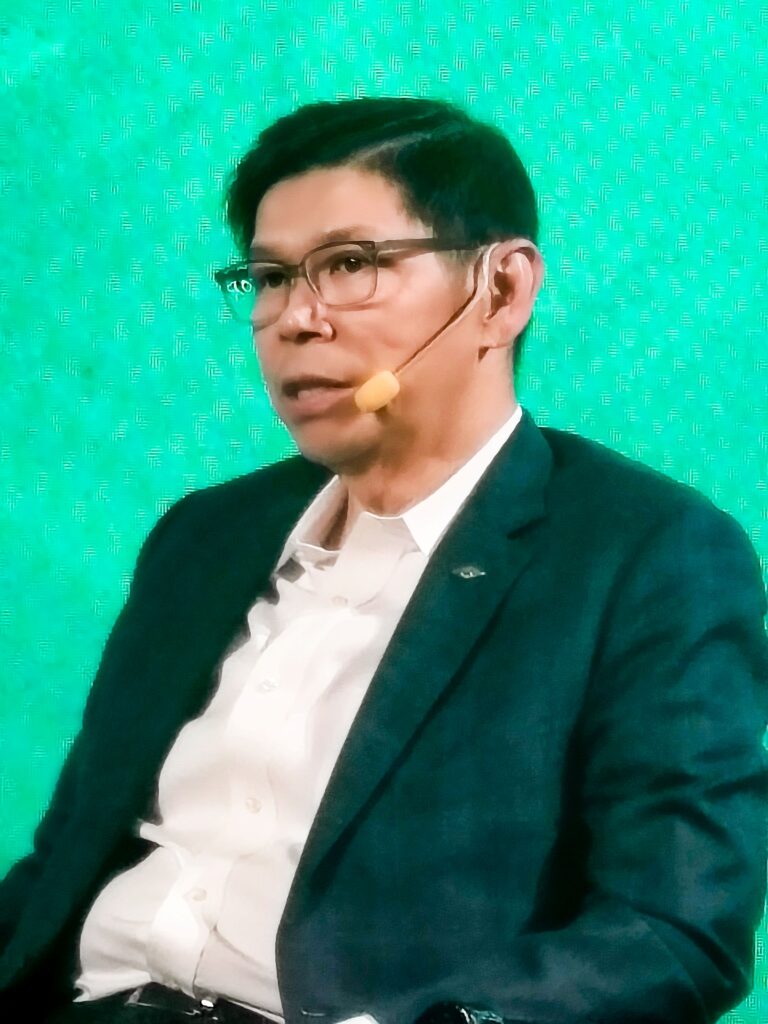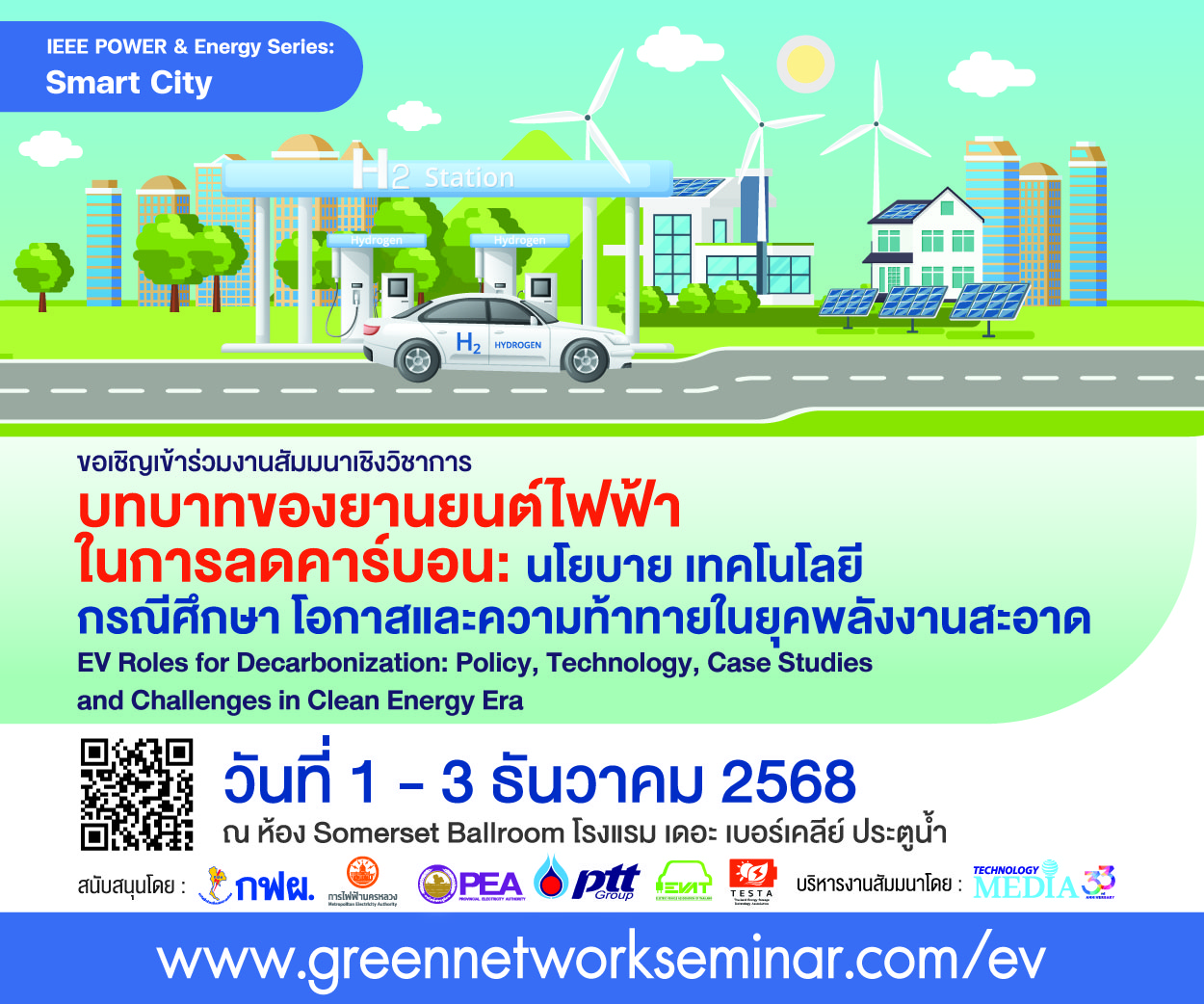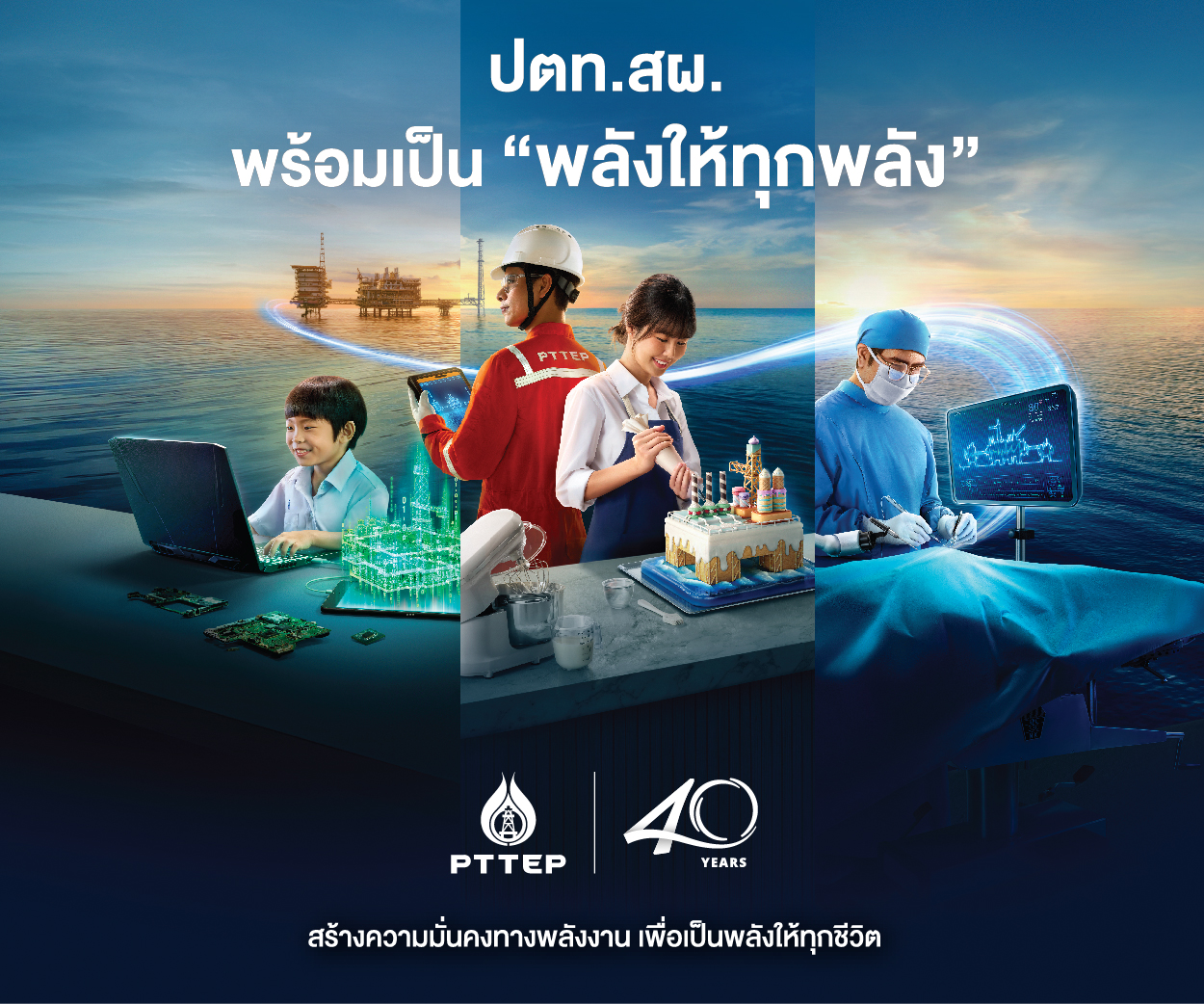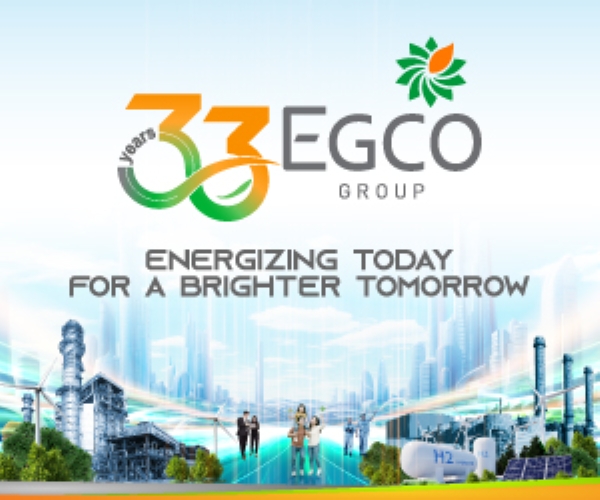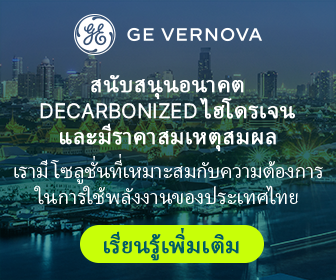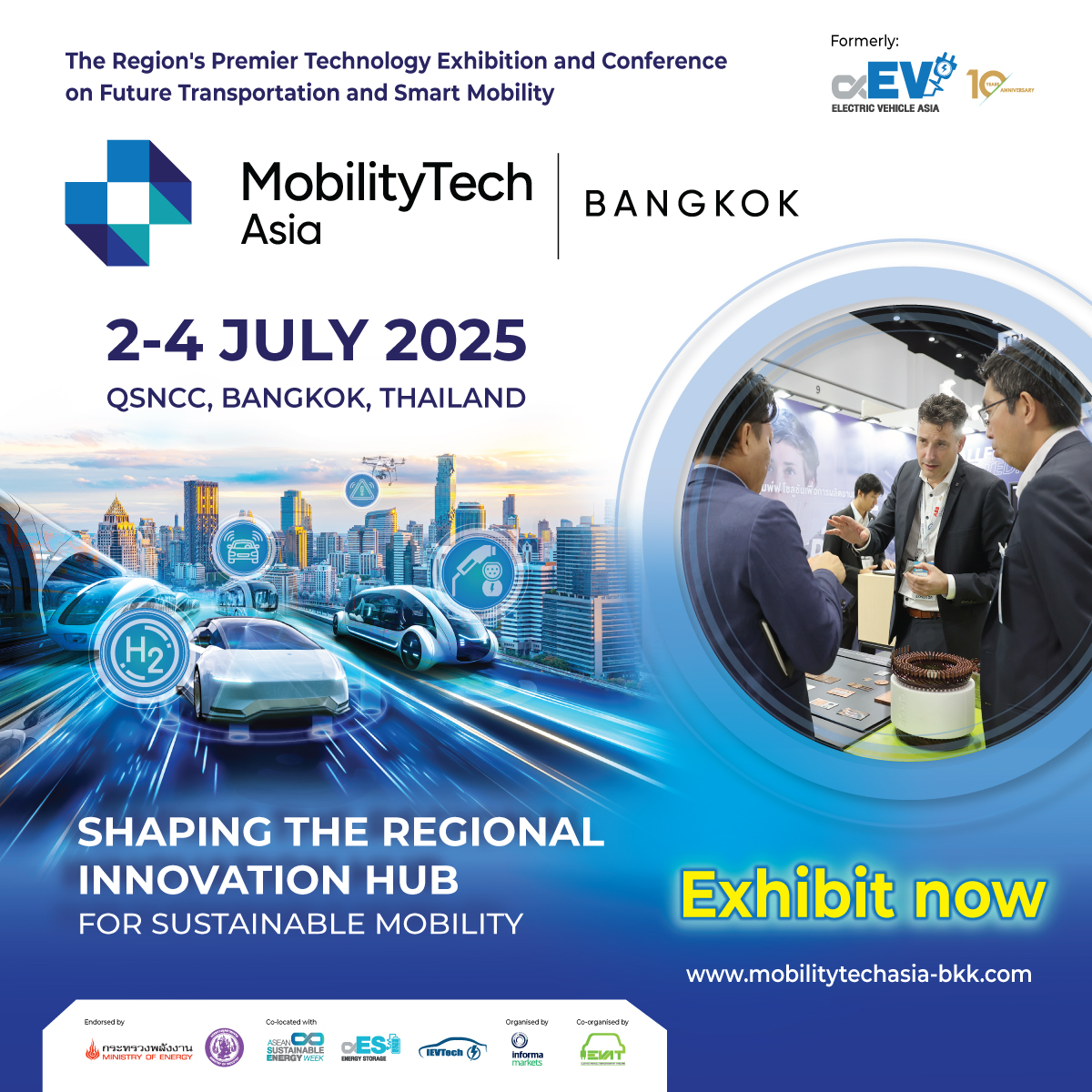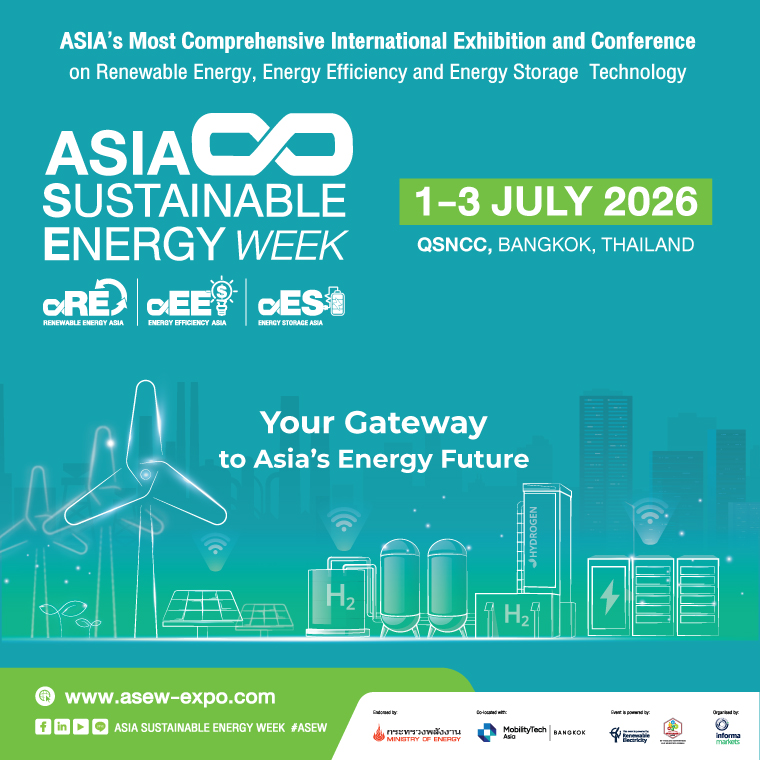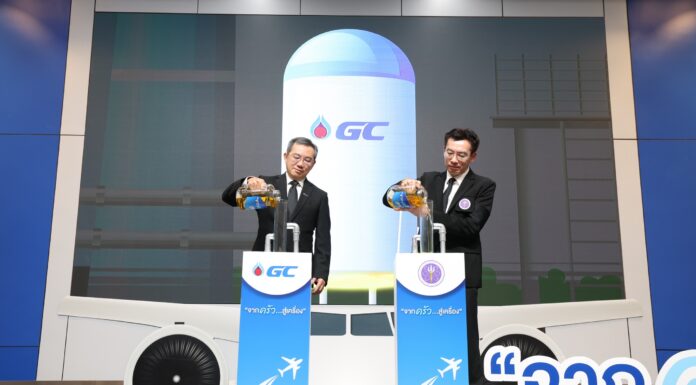A panel session entitled “Creating Circular Cities” at the recent the Economist Impact’s 4th annual Sustainability Week Asia 2025 held recently in Bangkok provided a perspective on creating circular cities in Asia with multifaceted approaches will have to be adopted. Representatives from Dow, material science leader in packaging and specialty plastics, emphasized the vital role of advanced recycle technologies to transform plastic waste into value products and community involvement in strengthening circular economy concept. Others speakers concurred; adding that national framework and education on waste management are also keys to achieving sustainability goals.
Bambang Candra, Commercial vice-president, Asia-Pacific, Dow Packaging & Specialty Plastics (P&SP), Dow’s largest business unit, told the audience at the panel that transitioning the current society of a traditional linear model of “take-make-dispose” to a circular concept is new and challenging. He highlighted that the needs for technological innovation, integrated policies and, most importantly, community involvement on waste management are keys to encourage the success of moving from a well-established linear to the newfound circular economy.
“Making it circular isn’t easy…it’s challenging (partly) as many of the infrastructure isn’t ready yet. But we need tostart the ball rolling,” Mr. Bambang said.
Mr. Bambang, who has been a key figure in advancing recycling technologies in the Asia-Pacific region, then shared his experience on exploring the innovative recycling solutions in China known as the “smart bins” equipped with technology to identify and weigh the feeding waste and offer payments for the recyclable waste to incentivize community participation. This approach, operating through the application that provides incentives to make recycled materials competitive and the waste trade credits go directly to the accounts of the waste owners, is already seeing some success in China. About 31,000 smart bins have been installing in urban areas around 38 cities in China including the big towns like Shanghai, Beijing and Guangzhou, he said.
This innovative waste segregation, collection and valuation business model demonstrates how technology can improve waste collection rates and, more importantly, drive behavioral change.
“It helps to encourage people to contribute to (changing the cities from linear to circular model),” Mr. Bambang said, adding that the community involvement is as importance as the technology advancement in scaling up circular ecosystem.
Dow leverages the smart bin innovation as part of traceability for raw material fed to its advance mechanical recycling to produce post-consumer recycled (PCR) plastic resin. With ground-breaking technology and designated solutions, products made from Dow’s PCR-rich grades are recyclable as single-pellet solutions while continue to perform as required, said Mr. Bambang. With PCR, plastic waste will decrease alongside new resin production. This results in decreasing energy output and greenhouse gases too.
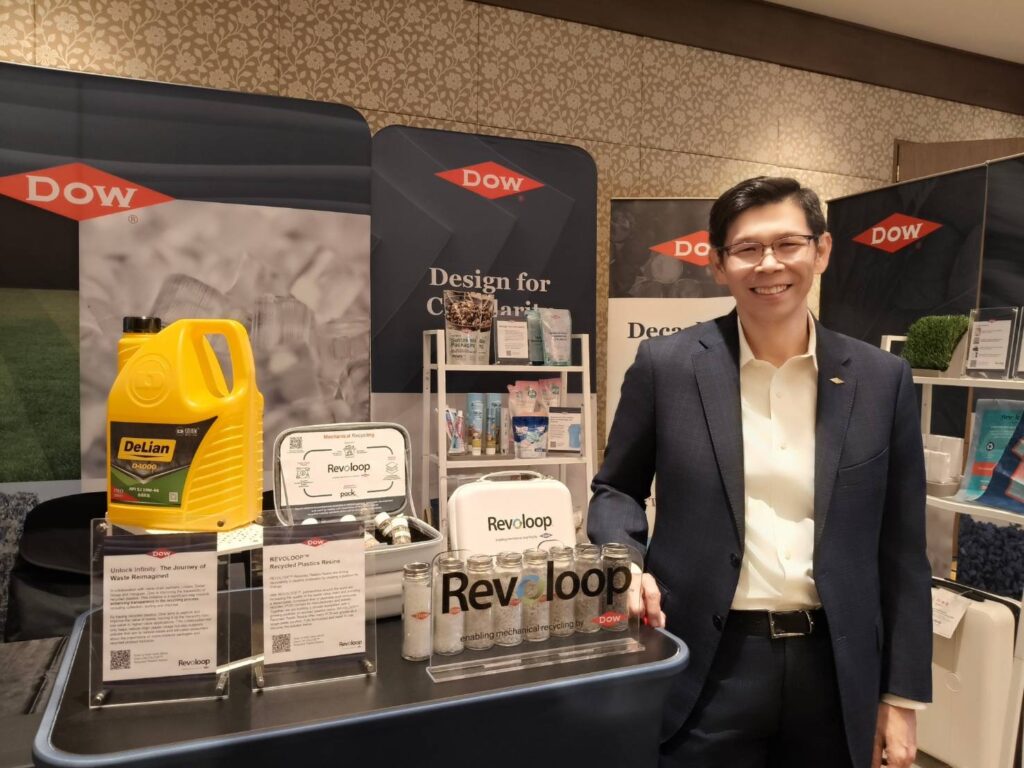
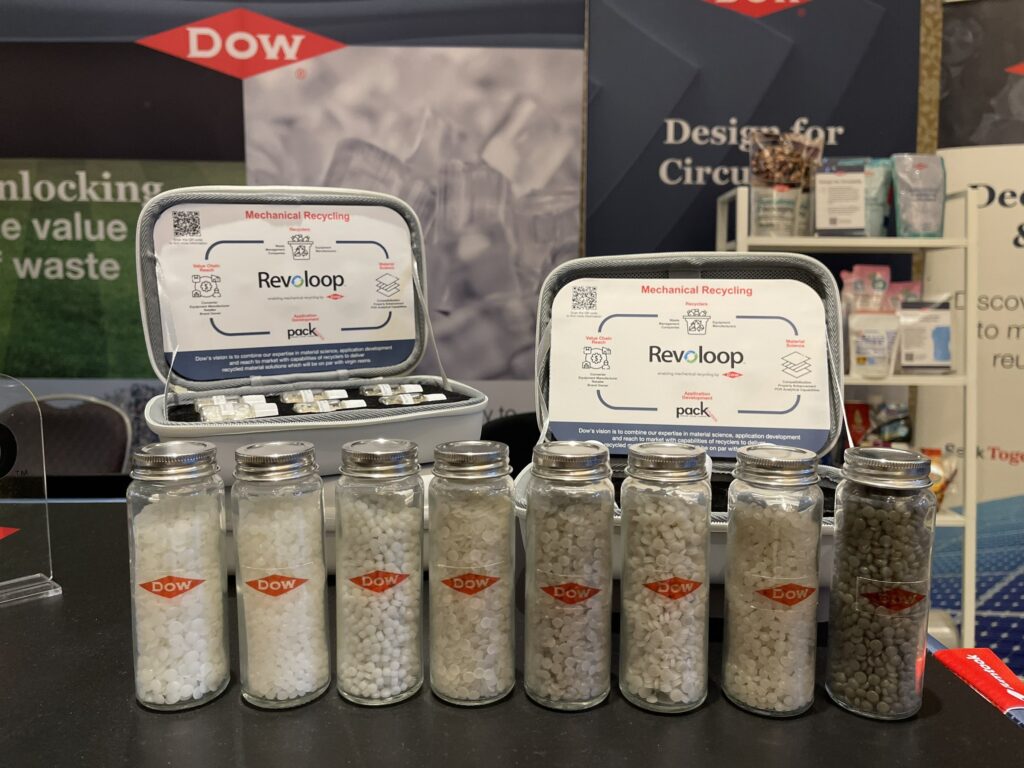

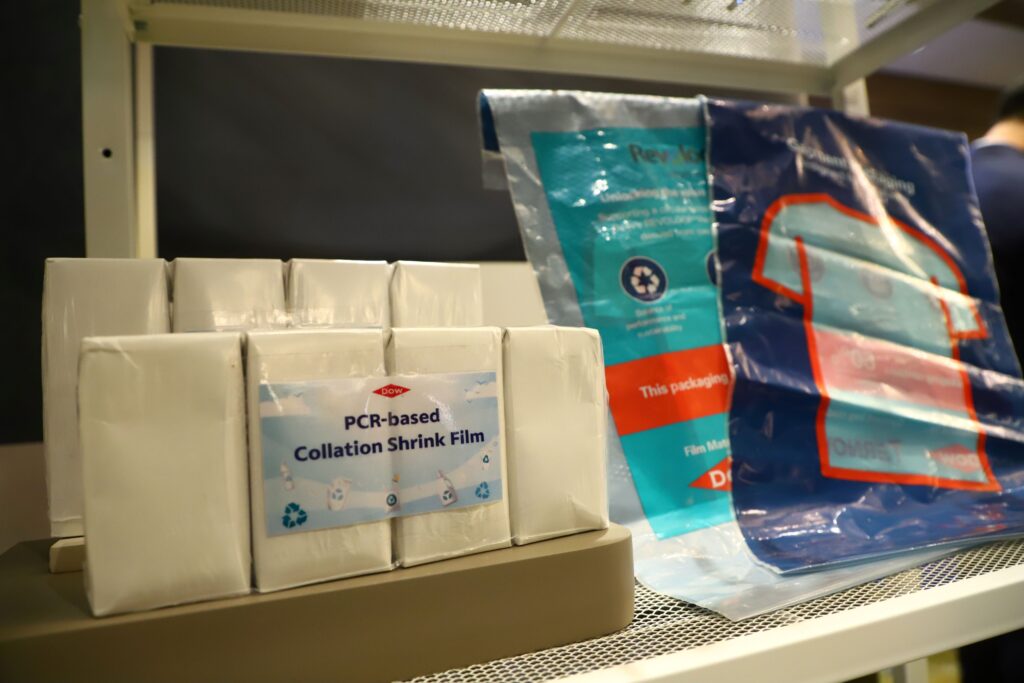
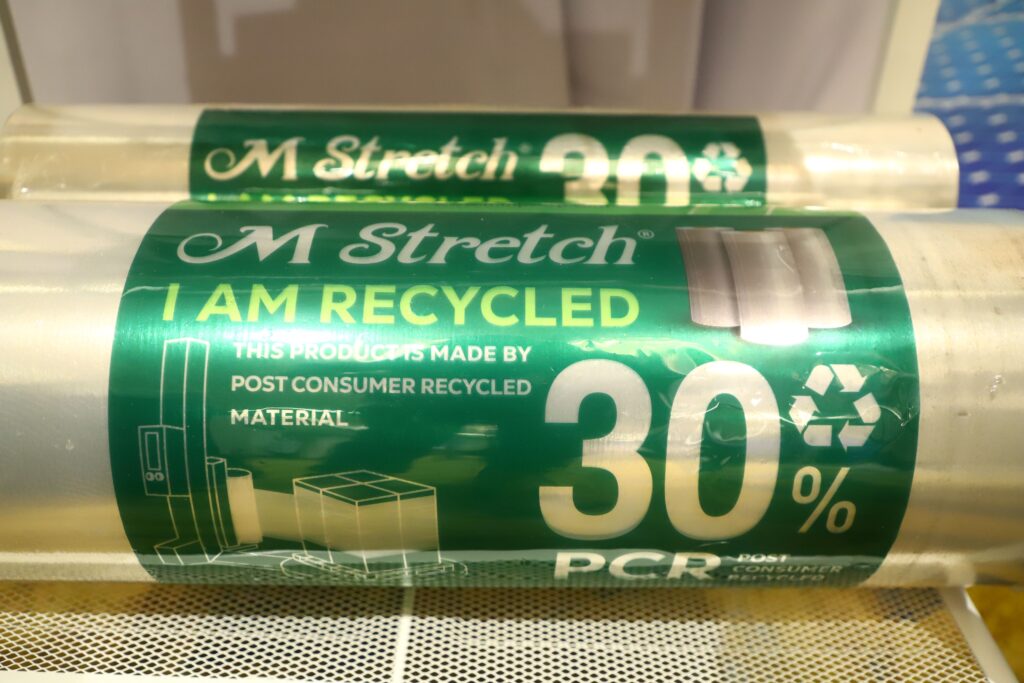
Dow’s movement in supporting the smart bin approach stresses the significance of collaboration across the entire value chain, from manufacturers to recyclers, to make the circularity happened and push forward to sustainability.
Other speakers at the talk panel voiced consensus on the needs for the collaboration across all sectors, the national framework and education enhancement on waste management in creating circular future.
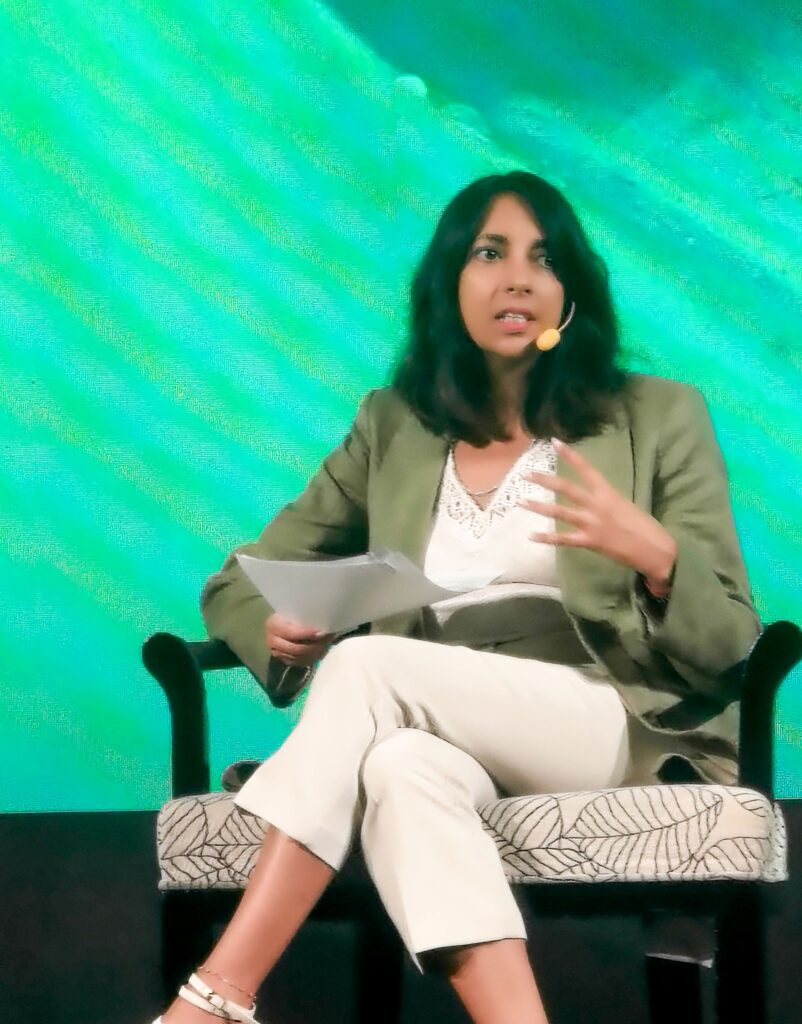
Sandy Kumar, UN-Habitat Bangkok Program Office, Regional Office for Asia-Pacific, underscores the importance of national framework to provide guidance for a roadmap for the cities, with stakeholders are encouraged to collectively adopt new technologies and initiatives to in tackle the waste pollution. She mentioned about the UN Habitat’s Waste Wise Cities Tool (WaCT), which involves 7 steps to collect data on municipal solid waste (MSW) generated, collected, and managed in controlled facilities, as a tool that can be used as helpful data database for creating circular cities.

The transport sector, while not a direct producer of waste in the traditional sense, also plays a meaningful role in the circular city concept through its massive reach and interaction with residents. Olivia Wong, General Manager, Environmental and Social Responsibility, MTR Corporation of Hong Kong highlighted the potential of public transport operators to educate and engage millions of daily passengers on waste management and circularity. She shared with the session participants the MTR’s initiatives include educating passengers and staff on waste separation and repurposing retired train carriages and parts for educational purposes in schools. These attempts not only reduce waste but also raise awareness and instill a sense of value in resources among the younger generation.
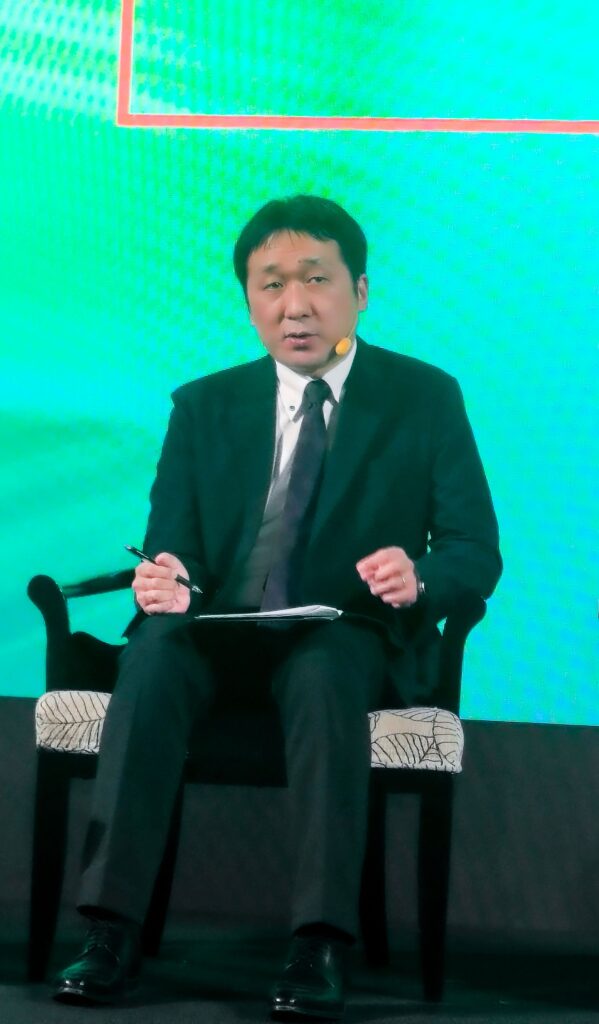
Success in improving circular economy is seen in Yokohama of Japan, where government authorities and local residents collaboratively working to achieve building awareness on waste segregation through a huge number of educational campaigns and workshops, according to Yutaka Mikami, Manager, development co-operation, International Affairs Bureau, City of Yokohama. The effort engages students to promote waste segregation within their families, fostering a culture of resourcefulness from a young age. Yokohama shares its successful experience and best practices on recycle to cities in Asia including those in the Philippines and Thailand, with support from JICA and ADB.
In conclusion, Mr. Bambang from Dow acknowledges that stage of the circular economy is emerging in Asia compared to the conventional linear model. However, he called for an effort and a collaboration from all stakeholders in the industry to collectively create a circular ecosystem that will lead to a more sustainable future for the next generation.



